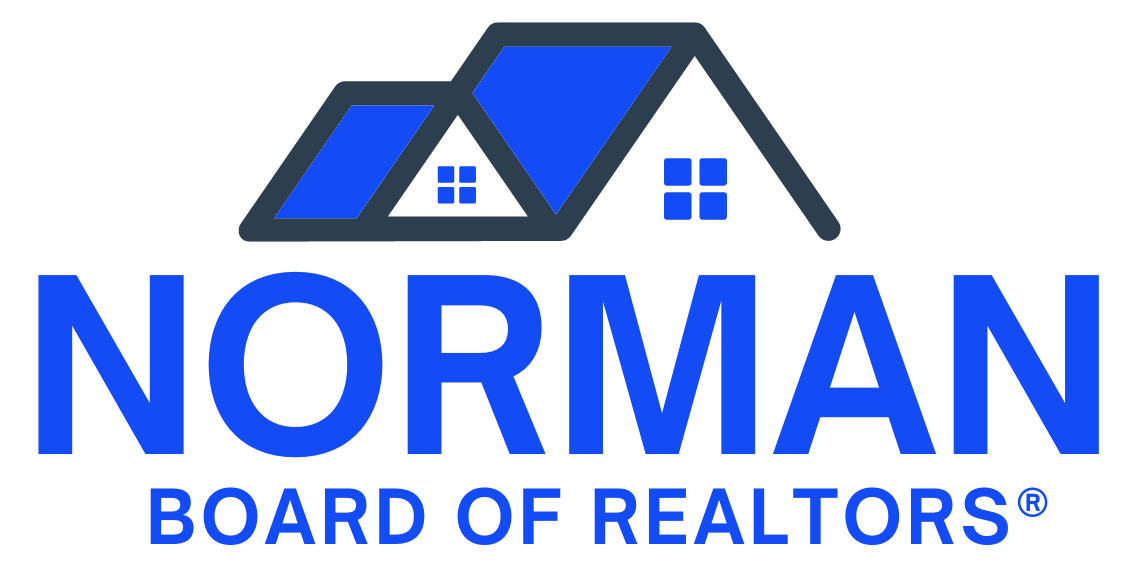Data rooms are now standard in M&A as well as other business activities like capital-raising rounds or an initial public offering (IPO). They are highly efficient document sharing tools that facilitate secure and organized data exchanges between different parties. They are more user-friendly than cloud storage applications or other file-sharing tools, and come with superior security features, privacy and collaboration.
Data room providers have comprehensive reporting and logging capabilities in addition to industry-leading encryption. This ensures comprehensive review of V-Rooms VDR that every action on the platform are tracked. This includes the time of access, which documents were examined and how many times. The information is stored in multiple locations, and can be retrieved even after files have been deleted. Other security features of a virtual Data Room include dynamic watermarks on printed and downloaded documents as well as role-based permissions, two-way sync, automatic indexing and virus scanning.
Additional features that aid in efficient collaboration in a data room include a logical folder structure with search capabilities, various languages, and a comments section where users can submit their questions to other members. This allows everyone to communicate effectively and speed up the process of making decisions. Additionally, data rooms allow for granular user restrictions/permissions and allow for the monitoring of all login activity by checking IP, device and location to prevent unauthorized data access. They also make a great tool to protect intellectual property as they prevent the leakage of sensitive data during the transaction process by utilizing features like watermarking. The restriction on downloading and screenshot prevention.
